Keywords: Protection
There are more than 200 results, only the first 200 are displayed here.
-

AUSTRALIA
I was born Hazara in Afghanistan. It is a place where my people suffer constant persecution and discrimination, and additionally, where women are considered second-class citizens. When I was two years old, my parents fled Afghanistan. We first arrived in Iraq and were subsequently given refugee status in Iran. Despite the challenges of growing up a foreigner in Iran, I completed my teaching degree, and also qualified to be a lawyer.
READ MORE 
-
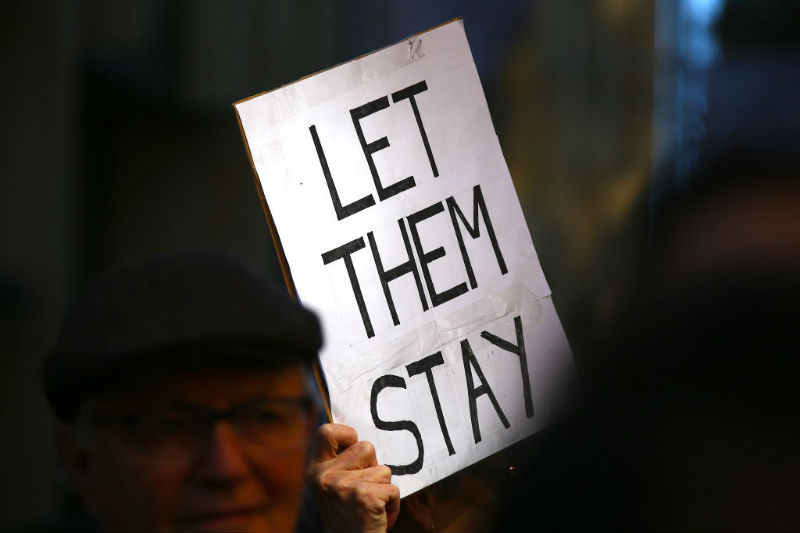
AUSTRALIA
- Andrew Hamilton
- 17 June 2021
23 Comments
The present climate offers little encouragement for people anyone who cares for refugees and wants to press their cause. It would be rash to think that things will change soon.
READ MORE 
-
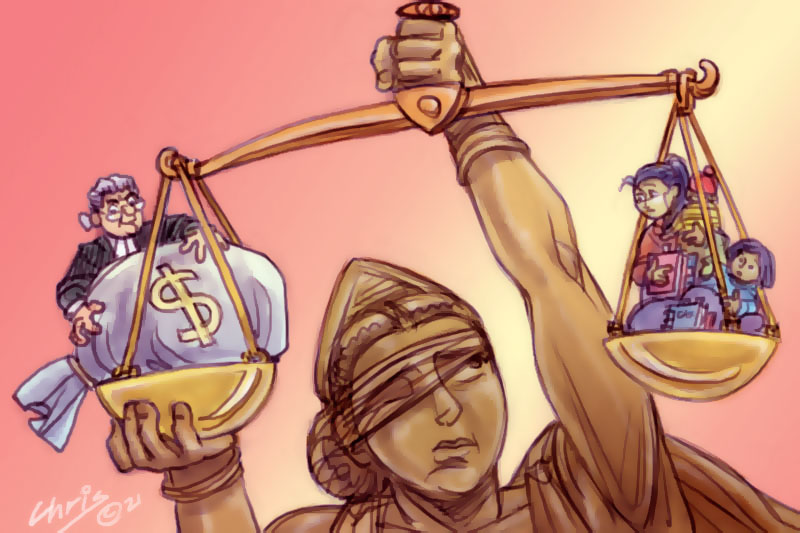
AUSTRALIA
The fact is that money still buys a better service from the legal system, and to claim otherwise is to throw out the most basic principles of an economy. After all, if there were no benefit to be gained from backing up a truck full of money and tipping 30 or 40 grand a day into a team of silks, junior barristers and top tier solicitors, why would those with the means do it? To argue the contrary beggars belief. And if the observation is accepted, what does that tell us about the rule of law?
READ MORE 
-

ARTS AND CULTURE
- Andrew Hamilton
- 27 May 2021
27 Comments
A wry satisfaction to be enjoyed in reading histories of events of your youth is that it uncovers your prejudices at that time. It reassures you that you have grown wiser but also makes you wonder whether your present attitudes will need revisiting. Save Our Sons, Carolyn Collins’ detailed and even-handed study of women’s campaign against conscription during the Vietnam War, offered such pleasures.
READ MORE 
-
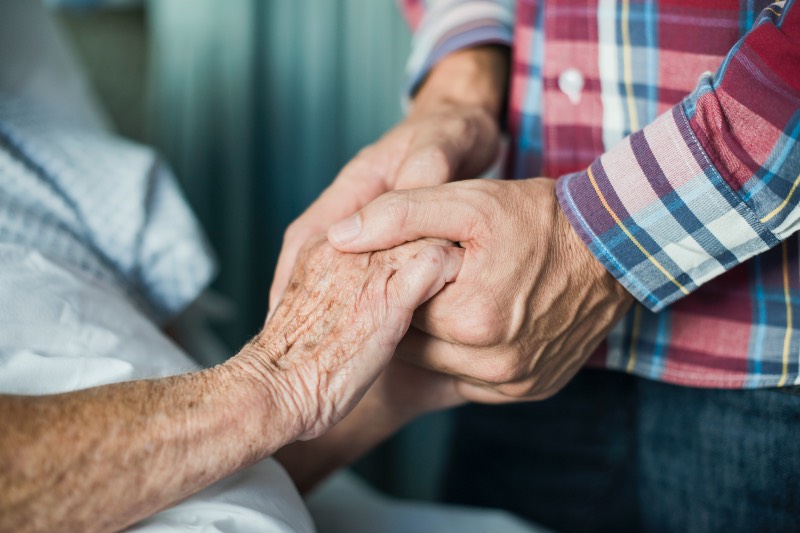
AUSTRALIA
- Frank Brennan
- 20 May 2021
25 Comments
Australian jurisdictions are presently considering laws and policies relating to euthanasia, physician assisted dying and medically assisted suicide. The law can and should provide bright-line solutions or at least firm parameters within which the dying, their loved ones and their care providers can negotiate dying and death.
READ MORE 
-
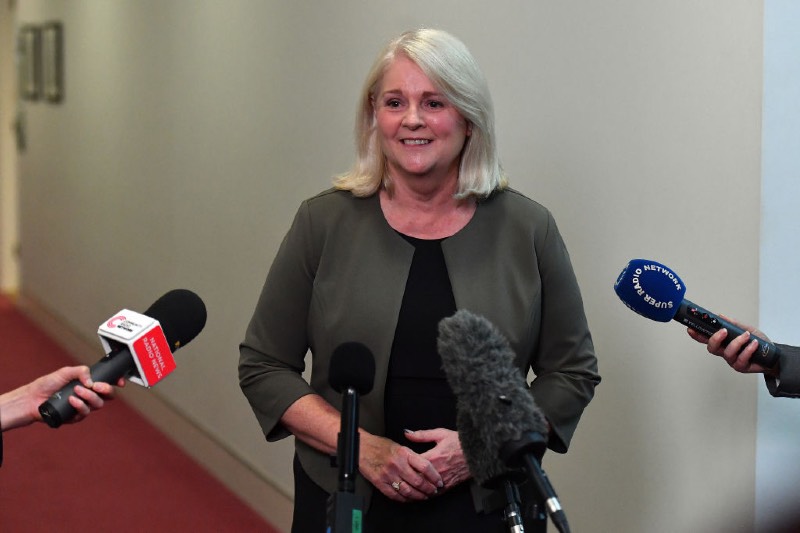
AUSTRALIA
- Claire Victory
- 08 April 2021
8 Comments
The treatment of refugees and people seeking asylum calls for a determined response on the back of years of poor public policy that has led to the misery of thousands and cost Australian taxpayers billions. I stand to support the Minister in the early days of her new role to make compassionate and sensible decisions, to find a different path for the resolution of the challenges she faces.
READ MORE 
-
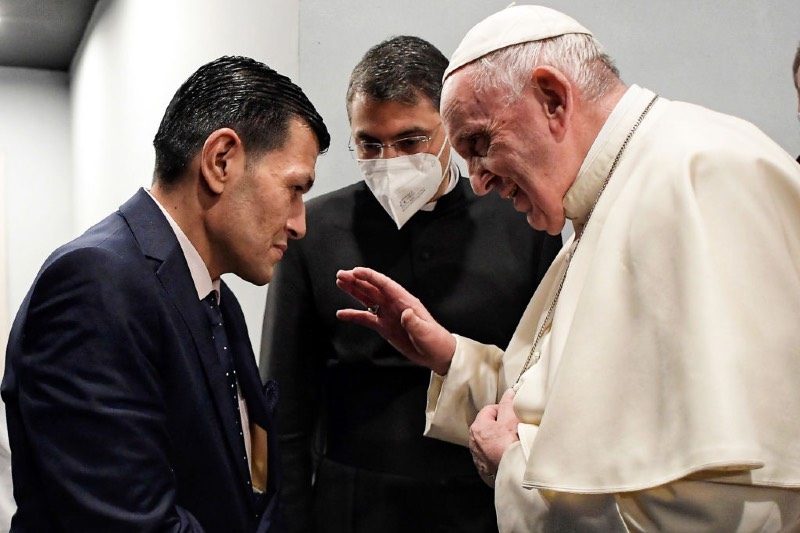
RELIGION
- Kerry Murphy
- 25 March 2021
6 Comments
Pope Francis is the first Pope to ever visit Iraq. Although Pope Francis only spent three days in Iraq, his visit received much attention and support from the Iraqi Government and was of major interest to Iraqis both in Iraq and here in Australia. I spoke with several Iraqis in Australia in order to hear their thoughts on this historic visit.
READ MORE 
-
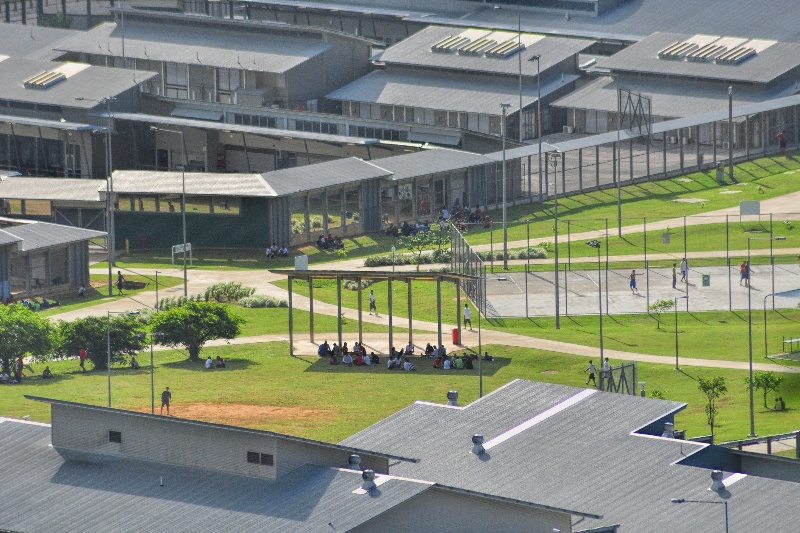
AUSTRALIA
- Zaki Haidari
- 23 March 2021
9 Comments
I am a refugee from Afghanistan, and I belong a minority ethnic group, the Hazaras. We have been persecuted for a long time because of our ethnicity, religion and values. In 2012, I was forced to leave Afghanistan. I was 17. Back home, my father was a medical doctor. The Taliban accused him of working with international armed forces in the country at the time. One day the Taliban took him away, and nobody has seen him since.
READ MORE 
-
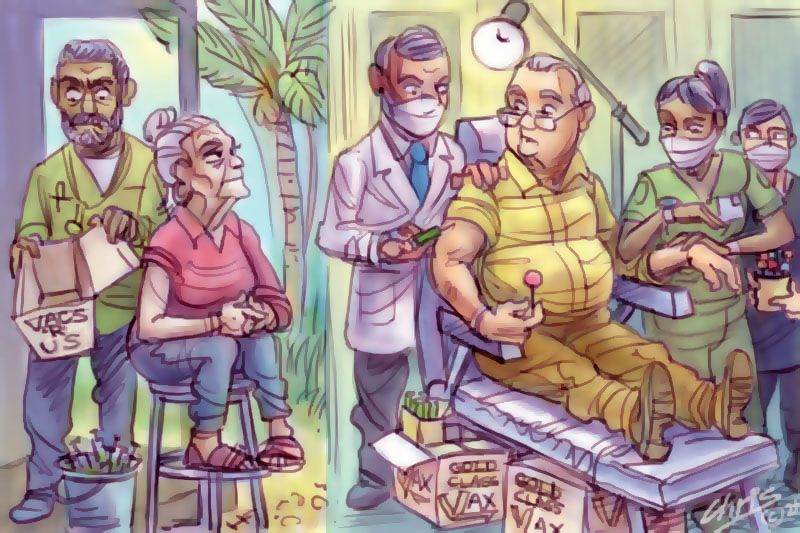
INTERNATIONAL
- Binoy Kampmark
- 23 March 2021
4 Comments
The COVAX (COVID-19 Vaccines Global Access Facility) scheme, touted as a levelling measure against inequalities in vaccine access, is looking increasingly faulty. But one suggested mechanism to assist in achieving vaccine equity lies in the field of intellectual property rights.
READ MORE 
-
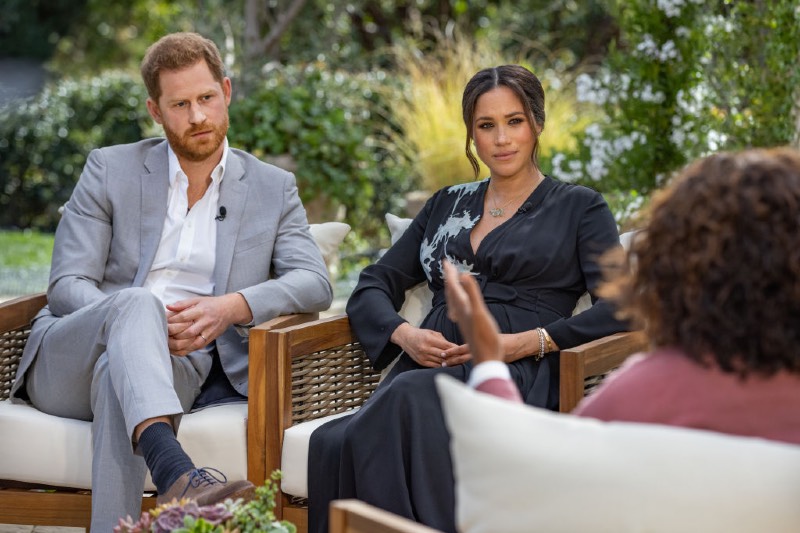
INTERNATIONAL
- Najma Sambul
- 18 March 2021
21 Comments
I never had to confront the idea that the British monarchy — and the British Empire at large — was built on racist principles and benefitted from racist practices. Not until it came from the mouth of one of the Royal family’s favourite iconoclasts, Meghan Markle.
READ MORE 
-
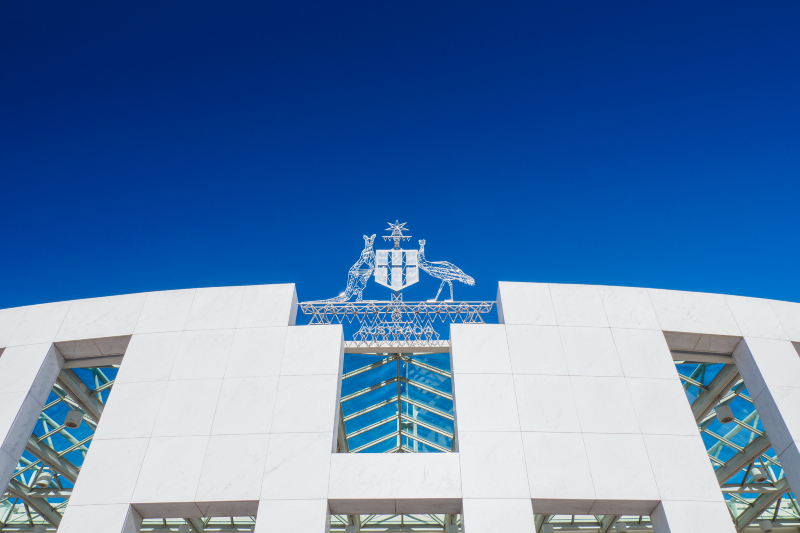
AUSTRALIA
- Cristy Clark
- 11 March 2021
34 Comments
The events of the last few weeks have provided a devastatingly clear illustration of how far we are from upholding a substantive version of the rule of law in Australia.
READ MORE 
-
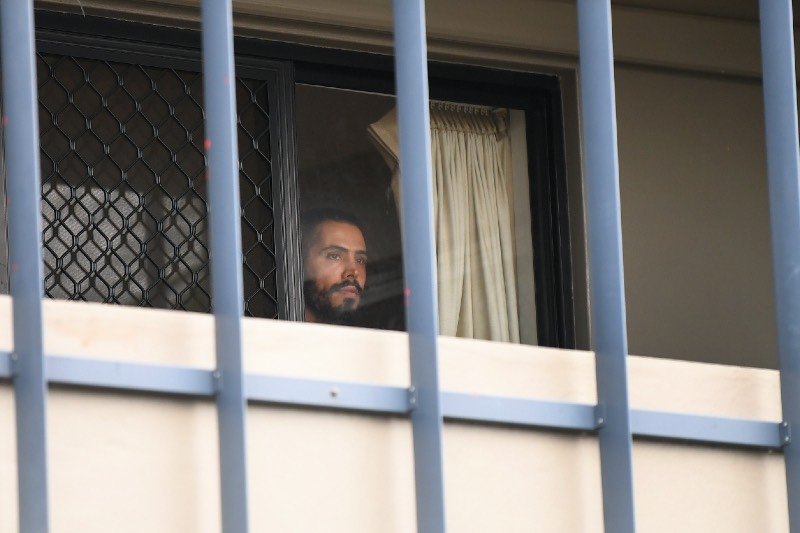
AUSTRALIA
- Andrew Hamilton
- 04 March 2021
18 Comments
Any government decision can cause hurt to some groups in society. There is a difference, however, between decisions that are only painful and those that are vindictive. The former may be regretted, but vindictiveness implies a satisfaction in causing pain that does not arise out of need. The reason for it must be sought in the minds and hearts and culture of those who devise the policies.
READ MORE 